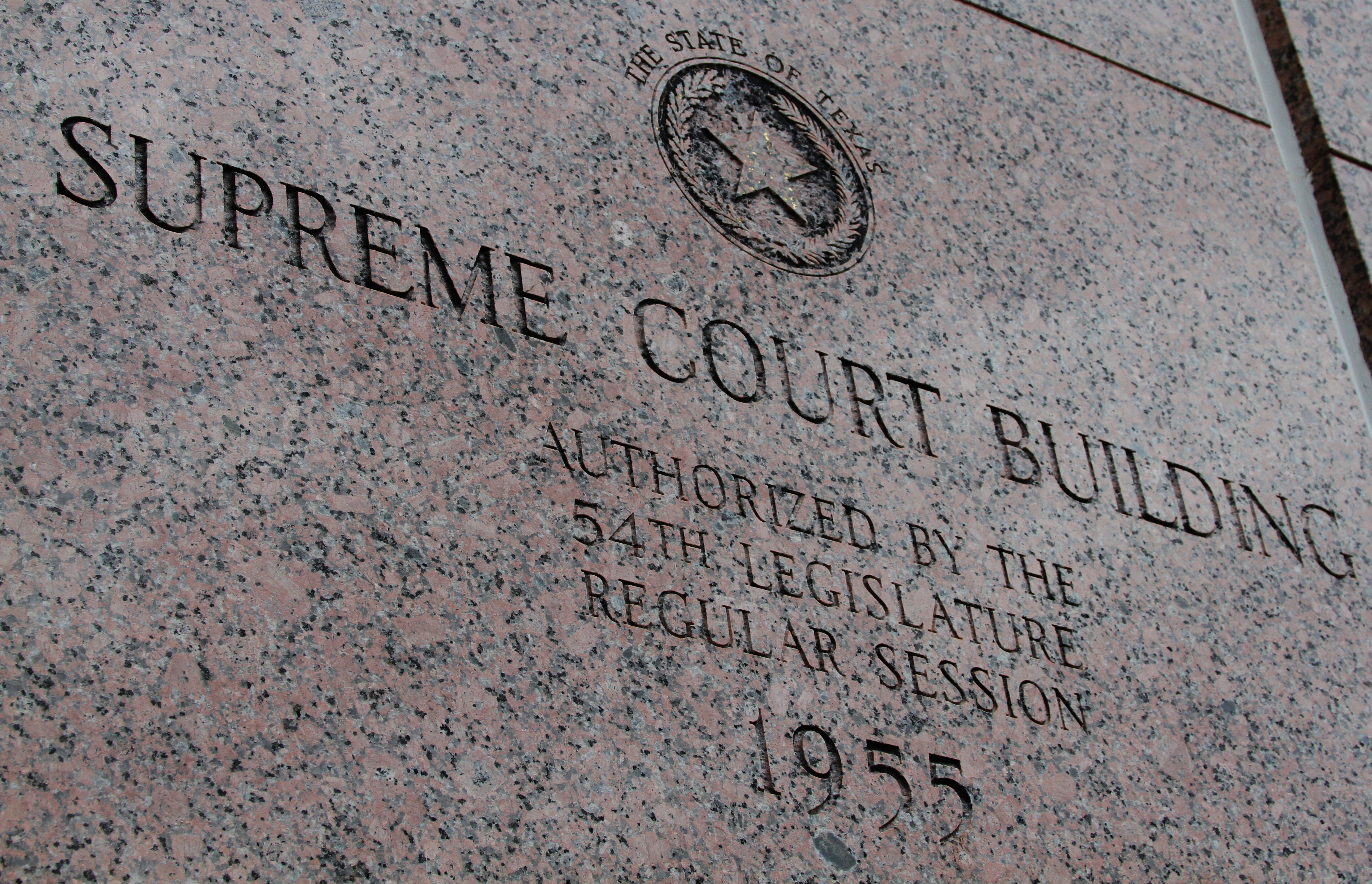Gonzalez v. Ramirez
No. 14-0107
Case Summary written by Ross Smith, Articles Editor.
Cuahutemoc Gonzalez owned Gonzalez Farms. He contracted multiple companies, including 3R/Garcia Trucking, which was owned by Robert Garcia, to transport silage from Chester Farms to the Littlefield Feed Yard. Garcia hired Raymond Ramirez to drive a tandem truck, and on his first trip to the feed yard one of his tires blew out. Ramirez lost control of the truck and it traveled into oncoming traffic, killing Ramirez and the two occupants of the truck he hit, Tammy Jackson and Rexee Jo. Samuel Lee Jackson, Rexee Jo’s father, claimed Gonzalez was vicariously liable for Garcia and Ramirez’s actions based on federal and state motor carrier regulations. Ramirez’s family also filed claims against Gonzalez based on “common-law theories of retained control over an independent contractor and joint enterprise.” Jackson subsequently obtained a judgment against Garcia, but that is not at issue.
Gonzalez filed motions for summary judgment as to both Ramirez and Jackson’s claims, which were granted. Ramirez and Jackson both appealed. The court of appeals reversed “Jackson’s claim under the Texas Regulations and on the Ramirez’s’ negligence claims based on retained control.”
Issue: (1) Can Gonzalez “be held liable as a motor carrier under either the Federal Motor Carrier Safety Regulations (Federal Regulations) or their Texas counterparts (Texas Regulations)[?]”
The Motor Carrier Safety Regulations impose duties on motor carriers that classify their drivers as independent contracts to avoid liability. However, the federal regulations did not apply here because Gonzalez did not hire Garcia to move property between states. Under Texas regulations, Gonzalez could only be a motor carrier if he “control[led], operate[d], or direct[ed]” the truck operation. Tex. Transp. Code § 643.001(6). The court analyzed the contract between Gonzalez and Ramirez to determine how much control Gonzalez had over the transportation. The court held that Gonzalez only directed the drivers where to load and where to unload. Gonzalez did not verify the driver’s license or insurance of the drivers and had no control over the route they took. Therefore, the court found that Gonzalez was only a shipper and was not a motor carrier under the statute.
Issue: (2) Was there sufficient evidence to show that Gonzalez had sufficient control over the truck driving to owe the truck driver a common-law duty?
Generally, “a contractor can be held vicariously liable for its independent contractor’s actions if the owner retains some control over the manner in which the contractor performs the work that causes the damage.” The court found that in this case, Gonzalez did not require Garcia to bring a tandem truck, he only suggested it. Also, Gonzalez could refuse a load, but he did not know of the condition of the tandem truck prior to the accident. That evidence showed that Gonzalez did not prevent Garcia from exercising his own judgment in how to perform the work, he only had a “general right to refuse to load an unsafe truck.” That situation did not create a common-law duty between Gonzalez and Ramirez. The court reversed the court of appeals on the Motor Carrier Regulation and breach of common-law duty claims, but remanded the case on an additional claim Jackson brought for negligent hiring.


